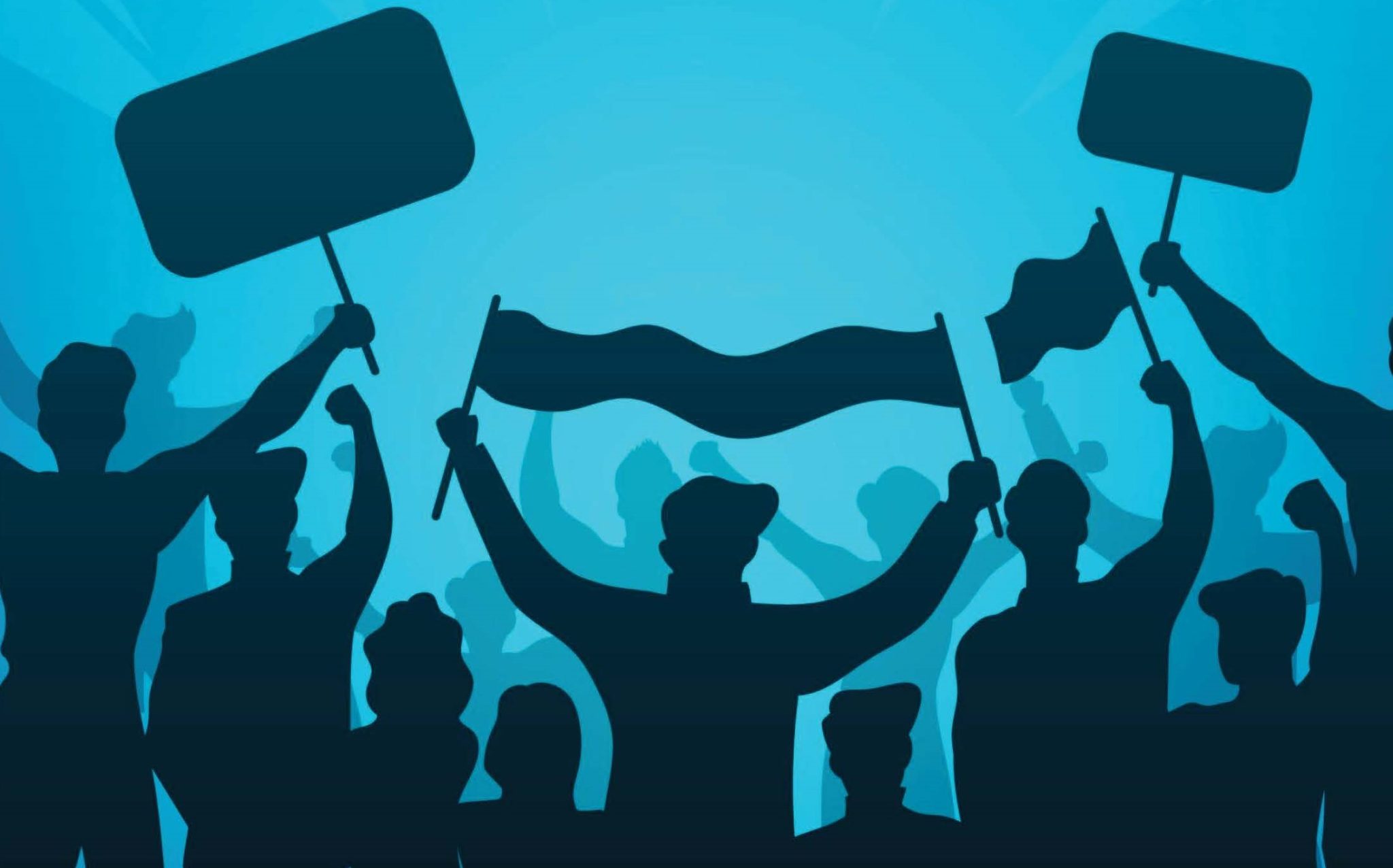
New report from Community Task Force provides policy recommendations to criminal legal system
For Immediate Release
September 24, 2021
A new report from a Community Task Force facilitated by the Seattle Office for Civil Rights (SOCR) takes a closer look at the criminal legal system and provides the City of Seattle policy recommendations to improve disparate outcomes.
“Centering Impacted Voices: Community Task Force Report on the Criminal Legal System” outlines community recommendations on the City’s criminal legal system, ranging from housing policies to principles around diversion. The Community Task Force, which began with nine community members directly impacted by the criminal legal system, was convened by SOCR and Central Staff as a response to CBA CJ-4-C-1. The current Task Force members include Andres Pacificar, Dorian Taylor, Emi Koyama, Jarelle Marshall, KL Shannon, Liletha Williams, Sela Mafi, and was facilitated by David Heppard from the Freedom Project, Jenny McIntosh, and JM Wong, Policy Analyst from SOCR.
Utilizing four “Principles of Community-Led Solutions,” the eight recommendations from the Task Force include an overarching paradigm shift in the role of the criminal legal system while engaging specific changes in the criminal legal system itself. The Task Force also engages with specific issues related to the criminal legal system, such as the use of Electronic Home Monitoring and Risk Assessments, among other policy related issues.
The Task Force calls on the City to explore the root causes of engagement with the criminal legal system without using the system to address the City’s crises, like the housing crisis, to penalize the poor and indigent. 90% of people processed through the Seattle Municipal Court are considered indigent and qualify for public defender services. This statistic, and other observations of the City’s policies, leads the Community Task Force in their report to “identify the misdemeanor system as part of a broader trajectory of assault on people who are poor and houseless in the city.”
The ability of community members directly affected by systems to address and find solutions to the short and long term challenges in the City is often underrated and the Task Force believes their knowledge, experience, and expertise stands out in this report. In “Principles of Community-led Solutions,” the Task Force challenges definitions of foundational terms such as public safety and accountability that have been used in the criminal legal system, pointing to its exclusion of marginalized, poor, Black, Indigenous, and People of Color communities with intersecting identities.
The “Principles” are followed by eight areas of recommendations which are described extensively. These areas include:
- Recommendation 1: Do not rely on the criminal legal system to address behaviors arising from unmet needs or behavioral health crises.
- Recommendation 2: Address the root causes of criminal legal system engagement.
- Recommendation 3: Evaluate diversion programs for their ability to cause harm. Prioritize non-criminal legal system responses over the expansion of diversion programs.
- Recommendation 4: Electronic Home Monitoring (EHM) should not be used as an alternative to incarceration.
- Recommendation 5: Create a workgroup of community experts and stakeholders to build alternatives to incarceration that address misdemeanor domestic violence.
- Recommendation 6: Learn from the disability justice movement: End the practice of coercive mental health treatment & the criminalization of people with disabilities.
- Recommendation 7: Create a Just Transition for current criminal legal system workers to transition into jobs that do not cause harm and serve a social good.
- Recommendation 8: Avoid the use of data-driven and algorithm-based decision making tools in the criminal legal system.
Task Force member KL Shannon observes that the lived experience of the criminal legal system can be devalued or tokenized in official spaces. “These pilot or new projects are formed to supposedly get at the issue, but there is never an end result. …They bring us to the table [but] we’re never validated in compensation or acknowledgement. …They come into our circle, they learn from what we are putting forth, and then they take it and utilize it for their work and say it is theirs.”
This report and its recommendations represent an intensive collaborative process that highlights knowledge gained from those who are impacted by the criminal legal system either through direct experience or through kinship and relationship. The vast landscape of community organizing in Seattle has been a driver for change in the City and broader region. This report attempts to consolidate those efforts.
The report was presented to Seattle City Council on September 24, 2021.
The full report is available here.

